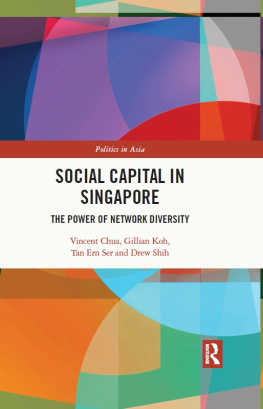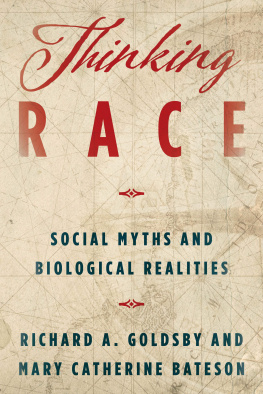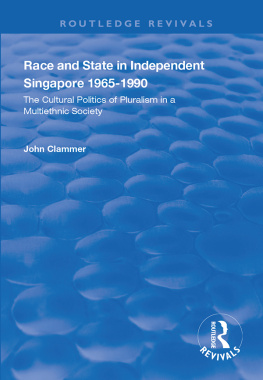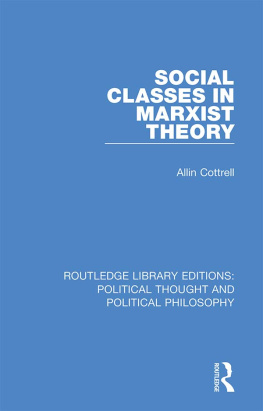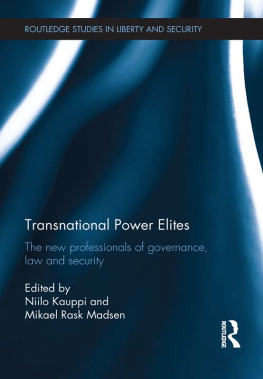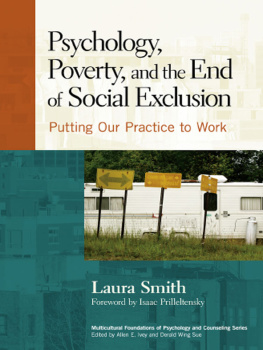Social Capital in Singapore
How can social cohesion be achieved in a meritocratic and multicultural global city-state?
Meritocracy poses a paradox. On one hand, it integrates individuals through frameworks of equal treatment, equal justice, and opportunity regardless of race, language, or religion. On the other hand, individuals are then segregated through academic sorting, they are rewarded based on credentials and performance, which also results in elite identification and bonding. After a generation, without mitigation action, social stratification can result. Distinctive circles differentiating social elites from non-elites, the professional classes from non-professional classes emerge.
The remedy the authors propose is network diversity, which is the organic forming of ties across class and other social boundaries built on deliberate policies, programmes, and platforms designed to facilitate that. This social mixing, forged in social infrastructure such as schools, workplaces, and voluntary associations pays off by producing the collective goods of national identity and trust. This hypothesis has been tested in the case of Singapore society and the empirical results from the research on the power of network diversity and bridging social capital are found in this volume.
Vincent Chua is Associate Professor in the Department of Sociology at National University of Singapore (NUS). He received his PhD in Sociology from the University of Toronto. He researches social networks paying close attention on their role in inequality reproduction. His areas include the study of education, race, and neighbourhoods. His chapters and articles include Personal Communities: The World According to Me (2011), Social Networks and Labour Market Outcomes in a Meritocracy (2011), Categorical Sources of Varieties of Network Inequalities (2013), Unequal Returns to Social Capital: The Study of Malays in Singapore through a Network Lens (2015), Do Raffles Boys Rule and Anglo-Chinese Boys Own Singapore?: Analysing School-To-Work Correspondences in an Elite Development State (2015), Social Capital in Singapore: Gender Differences, Ethnic Hierarchies, and their Intersection (2016), and Getting Ahead in Singapore: How Neighbourhoods, Gender, and Ethnicity affect Enrollment into Elite Schools (2019). He teaches modules on social capital and quantitative data analysis at NUS and is a recipient of the Faculty Excellence Teaching Awards (2013, 2017, 2018) and the University Annual Excellence Teaching Award (2018).
Gillian Koh is Deputy Director (Research) at the Institute of Policy Studies (IPS) and Senior Research Fellow in the Governance and Economy Department. Her research interests are in the areas of party and electoral politics, the development of civil society, state-society relations, state governance, and citizen engagement in Singapore. Among other things, Dr Koh conducts surveys on Singaporeans political attitudes, sense of identity, rootedness, and resilience and also helmed several IPS scenario-planning projects. She was part of the team that conducted the IPS Study on Social Capital in Singapore (2017). She has published and co-published articles on civil society and political development in Singapore. She was co-editor of Migration and Integration in Singapore: Policies and Practice (2015) as well as State-Society Relations in Singapore (2000) and Civil Society and the State in Singapore (2017) and co-author of Singapore Chronicles: Civil Society (2016).
Tan Ern Ser is Associate Professor, Department of Sociology, and Academic Convener, Singapore Studies, Faculty of Arts and Social Sciences; as well as Academic Adviser, Social Lab, Institute of Policy Studies at the National University of Singapore. He received his PhD in Sociology from Cornell University, USA. His research interests include social stratification, ethnic relations, housing, and political sociology. He is author of Does Class Matter? (2004), Class and Social Orientations (2015) and co-author of Two Stories on Class in Singapore (2016). He chairs the Research Advisory Panel, HDB. He was appointed a Justice of the Peace in 2013.
Drew Shih was a former Research Assistant at the Institute of Policy Studies, and holds a Bachelor of Arts (Honours) in Global Studies from the National University of Singapore. His work at the Institute spanned across the areas of social capital, social inclusion, and public finance. He is now an urban planner.
Politics in Asia series
Governance and Democracy in the Asia-Pacific
Political and Civil Society
Edited by Stephen McCarthy and Mark R. Thompson
Chinese Peoples Diplomacy and Developmental Relations with East Asia
Trends in the Xi Jinping Era
Lai To Lee
State Reconstitution in China, Japan and East Africa
Graham F. Odell
A Political Biography of Aung San Suu Kyi
A Hybrid Politician
Micha Lubina
ASEAN as a Method
Re-centering Processes and Institutions in Contemporary Southeast Asian
Regionalism
Edited by Ceren Ergenc
Rising Islamic Conservatism in Indonesia
Islamic Groups and Identity Politics
Edited by Leonard C. Sebastian, Syafiq Hasyim and Alexander R. Arifianto
Social Capital in Singapore
The Power of Network Diversity
Vincent Chua, Gillian Koh, Tan Ern Ser and Drew Shih
Politics of East Asian Free Trade Agreements
Unveiling the Asymmetry between Korea and Japan
Byung-il Choi and Jennifer S. Oh
For the full list of titles in the series, visit: https://www.routledge.com/Politicsin-Asia/book-series/PIA
First published 2021
by Routledge
2 Park Square, Milton Park, Abingdon, Oxon OX14 4RN
and by Routledge
52 Vanderbilt Avenue, New York, NY 10017
Routledge is an imprint of the Taylor & Francis Group, an informa business
2021 Vincent Chua, Gillian Koh, Tan Ern Ser and Drew Shih
The right of Vincent Chua, Gillian Koh, Tan Ern Ser and Drew Shih to be identified as authors of this work has been asserted by them in accordance with sections 77 and 78 of the Copyright, Designs and Patents Act 1988.
All rights reserved. No part of this book may be reprinted or reproduced or utilised in any form or by any electronic, mechanical, or other means, now known or hereafter invented, including photocopying and recording, or in any information storage or retrieval system, without permission in writing from the publishers.
Trademark notice: Product or corporate names may be trademarks or registered trademarks, and are used only for identification and explanation without intent to infringe.
British Library Cataloguing-in-Publication Data
A catalogue record for this book is available from the British Library
Library of Congress Cataloging-in-Publication Data
A catalog record has been requested for this book
ISBN: 978-0-367-63506-0 (hbk)
ISBN: 978-1-003-11941-8 (ebk)
Typeset in ITC Galliard Std
by KnowledgeWorks Global Ltd.
Contents
List of Figures
List of Tables
Preface
1Nation building in Singapore
2The diversity challenge
3Measuring the network
4Emerging class circles amid fading racial lines
5Inclusive networks and the social infrastructure that facilitate them
6It takes a network
7Blending circles
Index
Table of Contents
- List of Figures
- List of Tables
- Preface
- 1 Nation building in Singapore

